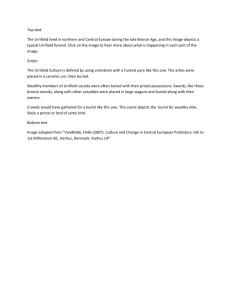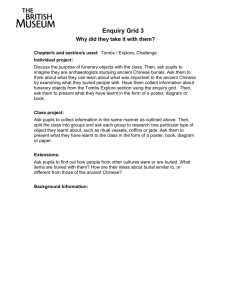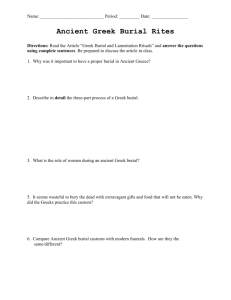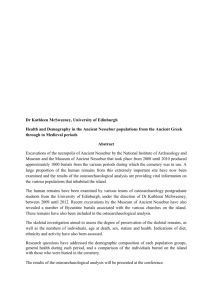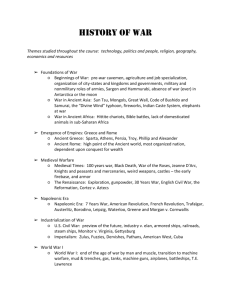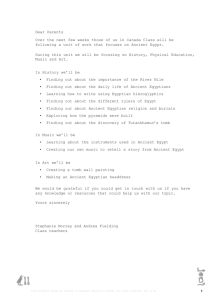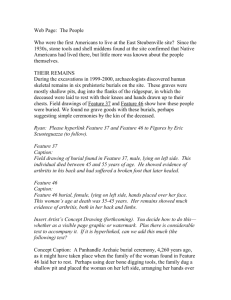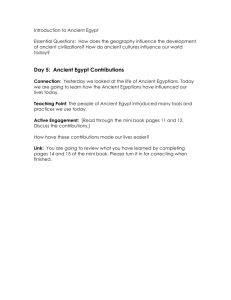Religion
advertisement
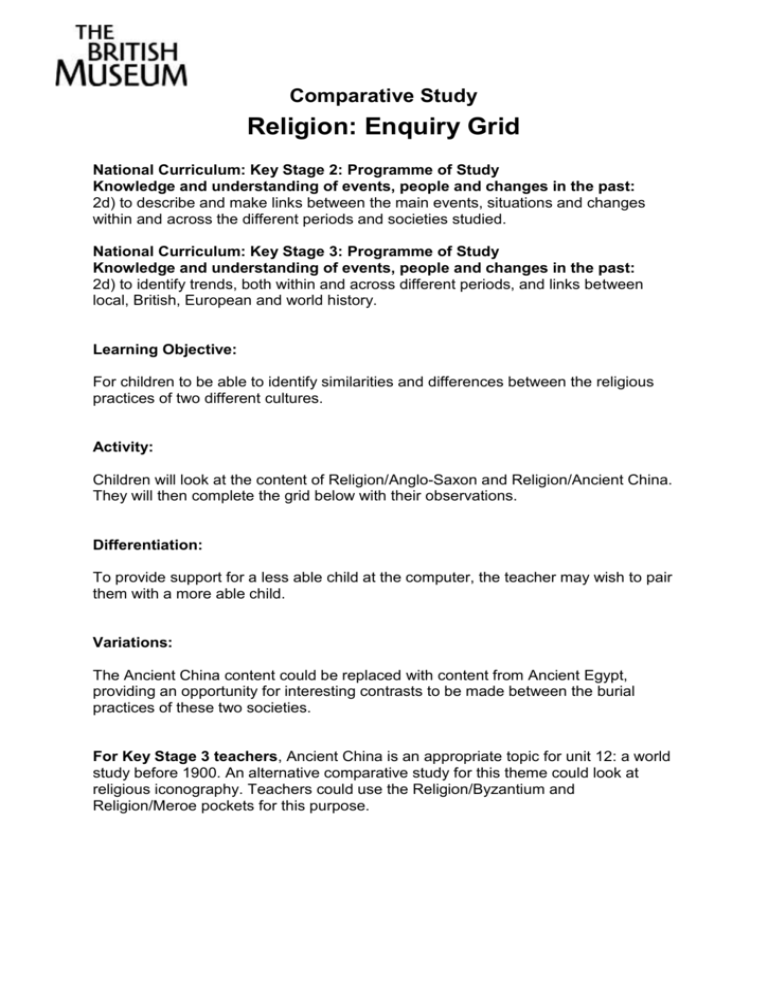
Comparative Study Religion: Enquiry Grid National Curriculum: Key Stage 2: Programme of Study Knowledge and understanding of events, people and changes in the past: 2d) to describe and make links between the main events, situations and changes within and across the different periods and societies studied. National Curriculum: Key Stage 3: Programme of Study Knowledge and understanding of events, people and changes in the past: 2d) to identify trends, both within and across different periods, and links between local, British, European and world history. Learning Objective: For children to be able to identify similarities and differences between the religious practices of two different cultures. Activity: Children will look at the content of Religion/Anglo-Saxon and Religion/Ancient China. They will then complete the grid below with their observations. Differentiation: To provide support for a less able child at the computer, the teacher may wish to pair them with a more able child. Variations: The Ancient China content could be replaced with content from Ancient Egypt, providing an opportunity for interesting contrasts to be made between the burial practices of these two societies. For Key Stage 3 teachers, Ancient China is an appropriate topic for unit 12: a world study before 1900. An alternative comparative study for this theme could look at religious iconography. Teachers could use the Religion/Byzantium and Religion/Meroe pockets for this purpose. Anglo-Saxon Britain Does the burial contain objects? Do any of the objects give us clues about the status of the person buried? If yes, which ones? How do these objects suggest the status of the person buried? Do you think that the burial is for a person of high or low status? Do any of the objects give us clues about the particular beliefs of the person buried? If yes, which ones? What do the objects tell us about the life of the person buried? Are there similarities between the two burials? If yes, what are they? What are the differences between the two burials? Ancient China

